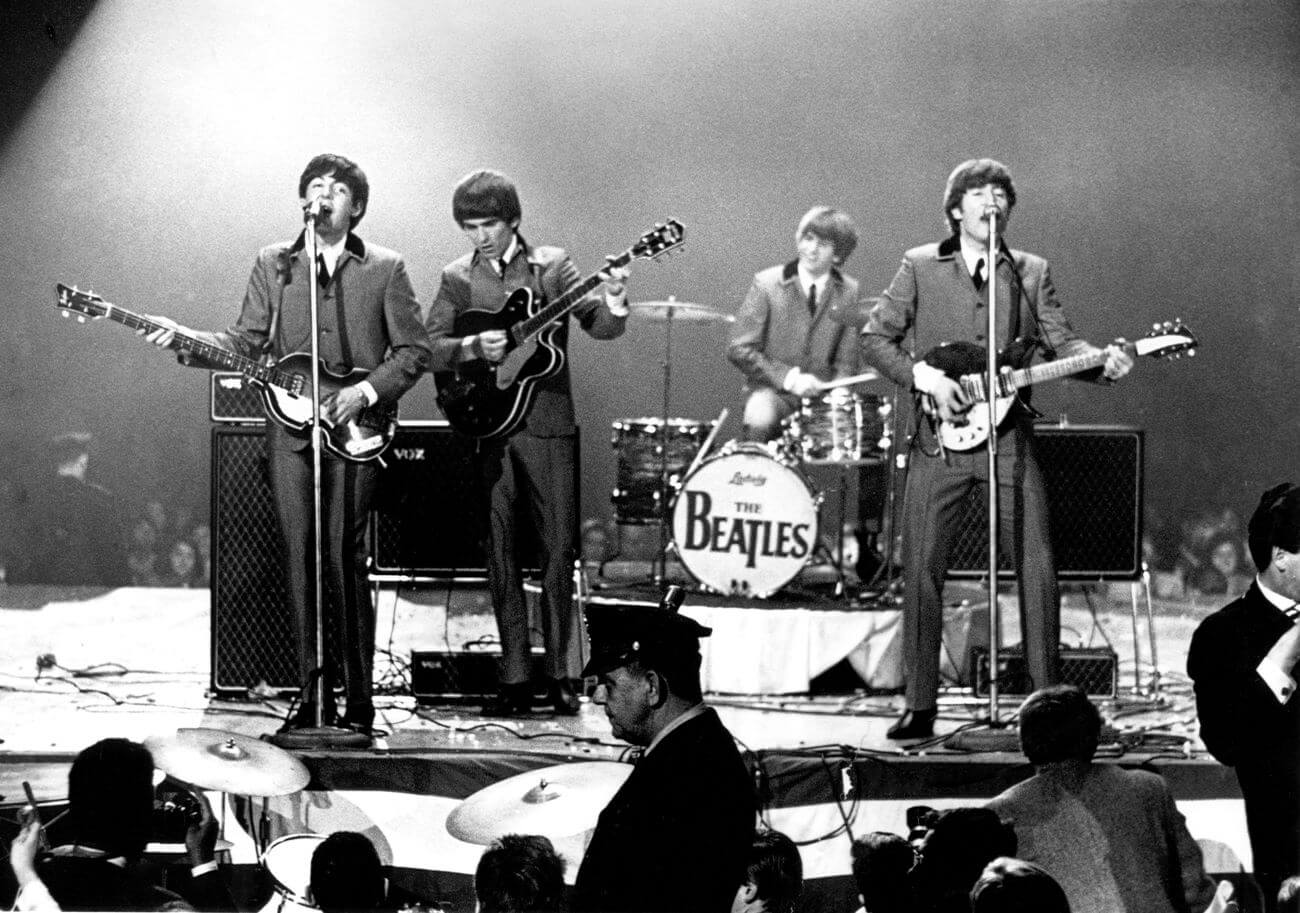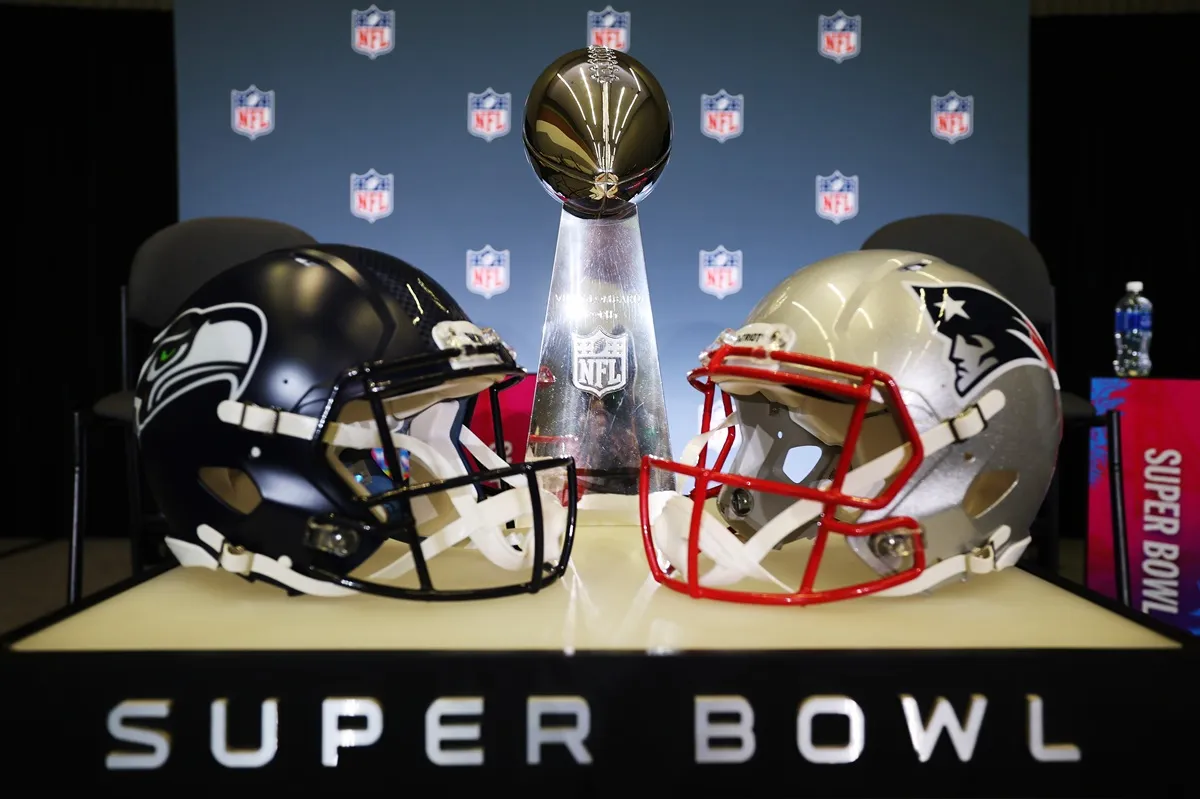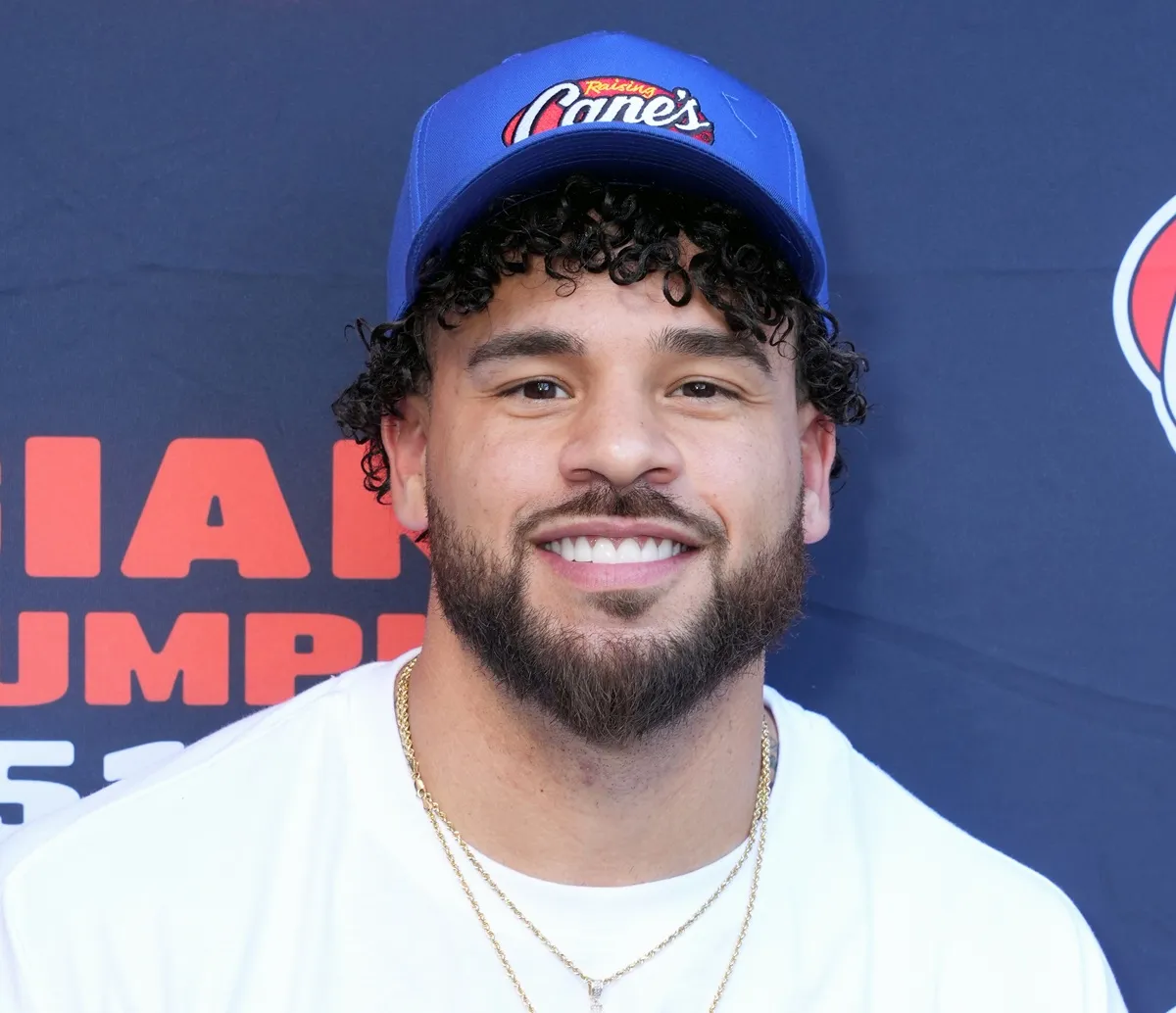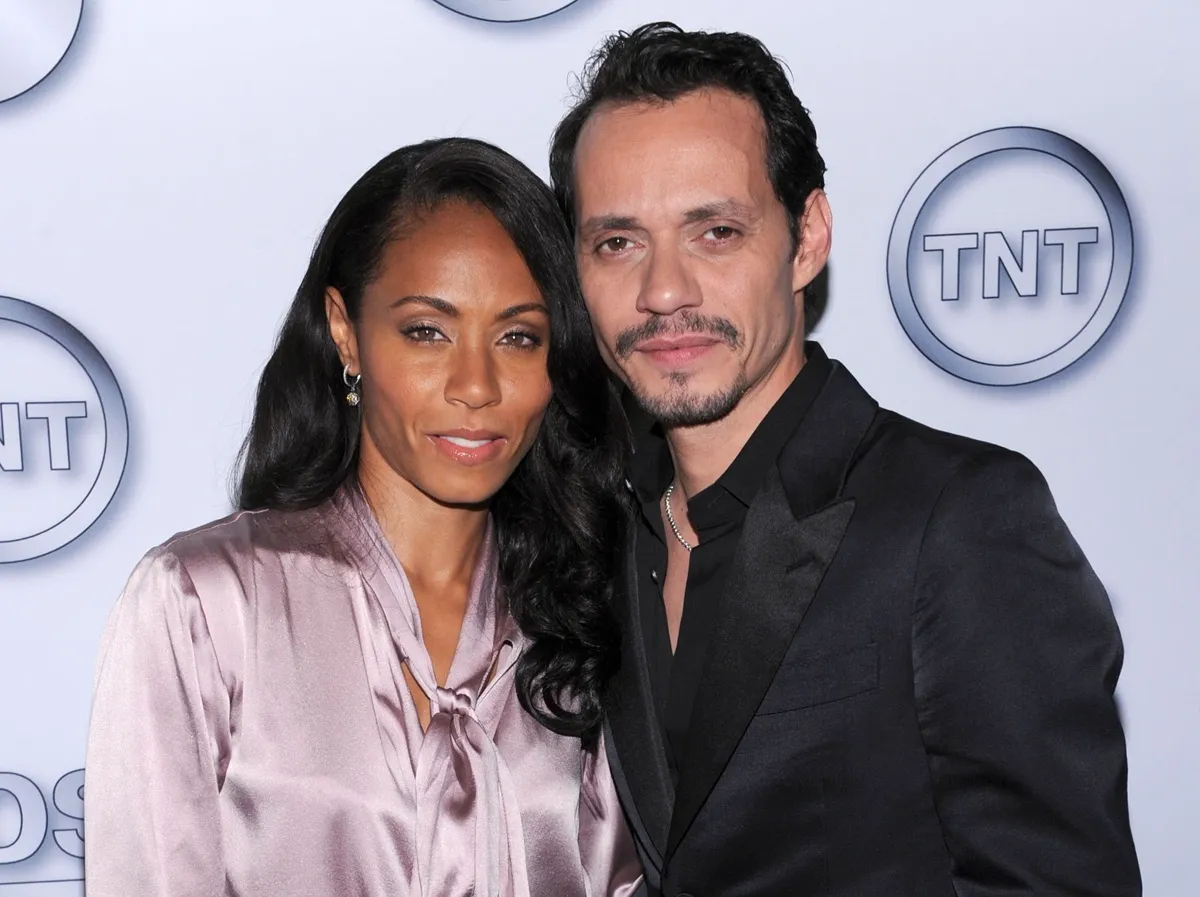
How The Beatles’ Parents Handled Their Sons’ Fame: ‘He Didn’t Sing as Well as Me’
When The Beatles rose to fame in the early 1960s, their parents’ lives changed forever. Not only were their sons suddenly able to provide for them but they were also thrust into the spotlight. Here’s how they handled the sudden and dramatic change in their lives.

Fred Lennon
John Lennon and his father, Fred Lennon, went nearly 20 years without any contact with one another after his parents separated. In 1964, Fred was working at a hotel when a coworker introduced him to The Beatles.
“One day the washing-up woman said to me, ‘If that’s not your son, Freddy, then I don’t know what.’ She said there was a boy in this group with the same name as me and the same sort of voice, though he didn’t sing as well as me,” Fred said, per the book The Beatles: The Authorized Biography by Hunter Davies. “I’d never heard of them.”
Fred quickly began giving interviews and even released his own record, though it was not a success. He met with Lennon, but it didn’t do much to re-establish their relationship. Fred said that he wanted a chance to show Lennon what he was like.
Mimi Smith
Lennon’s aunt, Mimi Smith, reported his mother to Social Services twice and eventually took custody of Lennon. When Lennon became famous, she begrudgingly allowed him to buy her a new house. Beyond this, though, her life changed very little. She resented attention from fans and lived a quiet, solitary life.
Of all The Beatles’ parents, Smith was the least impressed by the band’s success. She even admitted that she would trade in all of Lennon’s success if it meant he could be a child again.
“I’d give up £2 million to be back again,” she said. “It’s very selfish, I know. I always think of him as a little boy. I know it’s stupid. But nothing could compensate for the pleasure he gave me as a boy.”
Jim McCartney
Jim McCartney, on the other hand, was thrilled by the change his son’s success brought to his life. When McCartney told him to quit his job, Jim happily did so. He moved into a new home that McCartney bought him and admitted that he quickly acclimated to his new lifestyle.
“The change was a bit sudden, coming as it did when I was sixty-two,” he told Davies. “It took a while to get used to it. Now I’ve taken to it like a duck to water. I haven’t started saying glaas or baath, but I’m enjoying everything. It’s as if I’ve always been used to it.”
Ritchie Starkey
Ringo Starr could only recall meeting his biological father, Ritchie Starkey, once. Unlike Fred Lennon, Ritchie wanted to keep a very low profile. If people ever noticed their shared last name and features, Ritchie would say he was Starr’s uncle. Despite his unwillingness to be associated with his son’s fame, Ritchie tore out pictures of The Beatles in the newspaper to collect them.
Elsie Starkey and Harry Graves
Starr’s mother, Elsie, and his stepfather, Harry Graves, were the only Beatle parents to remain in Liverpool. While they would have happily remained in their home, fans kept dropping by to a point where staying there would have been impossible.
Despite this frustration, Elsie and Harry were incredibly proud of Starr. Still, Elsie worried about her son.
“It’s all out of this world, isn’t it?” she said. “There’s not much more they can do. They’ve done everything. The last five years has been like a fairy story. But I still worry about him, about his health, after all he went through. I know he’s a man, with little children of his own, but I still worry.”
Harold and Louise Harrison
Like Jim McCartney, Harold and Louise Harrison were happy for their son’s success. They were also the two Beatle parents who corresponded most frequently with fans. As with many of the other parents, they let Harrison buy them a new home outside of Liverpool. Here, Louise responded to hundreds of fan letters a week. She even allowed fans to visit her at home. The couple even received a large gold plaque as a thank you from fans.
“Presented to Harold and Louise Harrison for the time and effort they have shown towards Beatle People everywhere,” it read. “United Beatles Fans. Pomona, California, 1965.”


